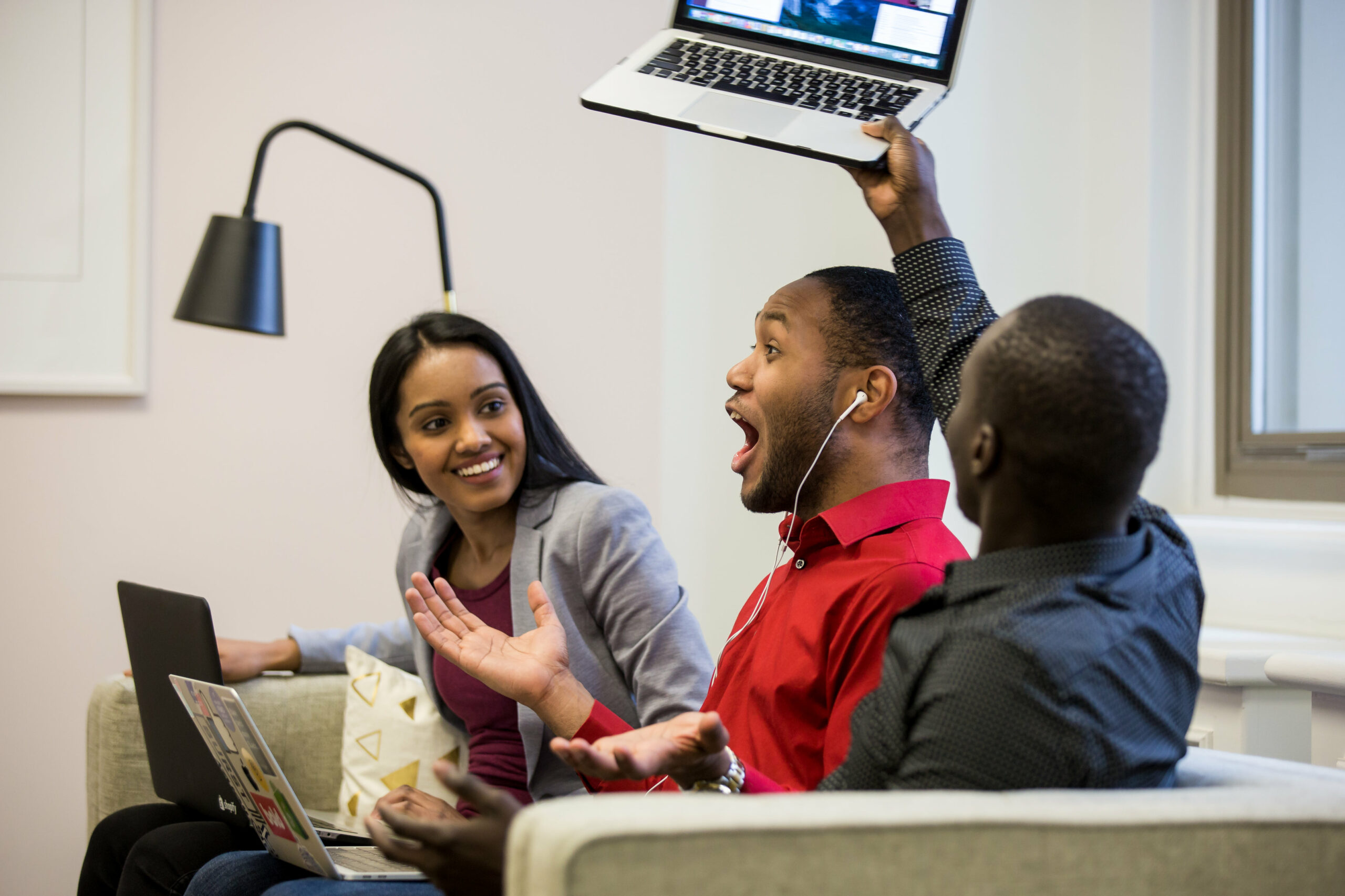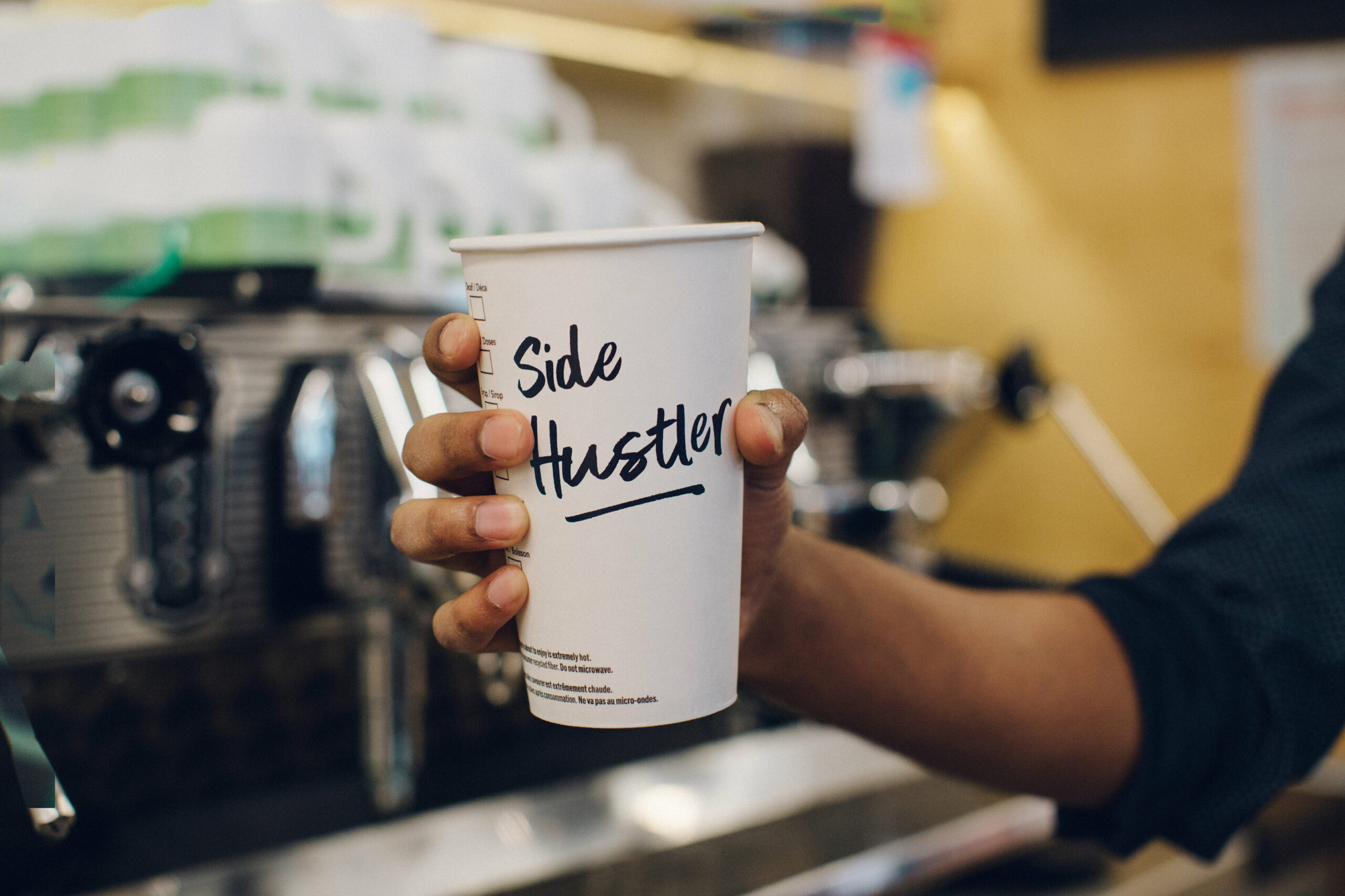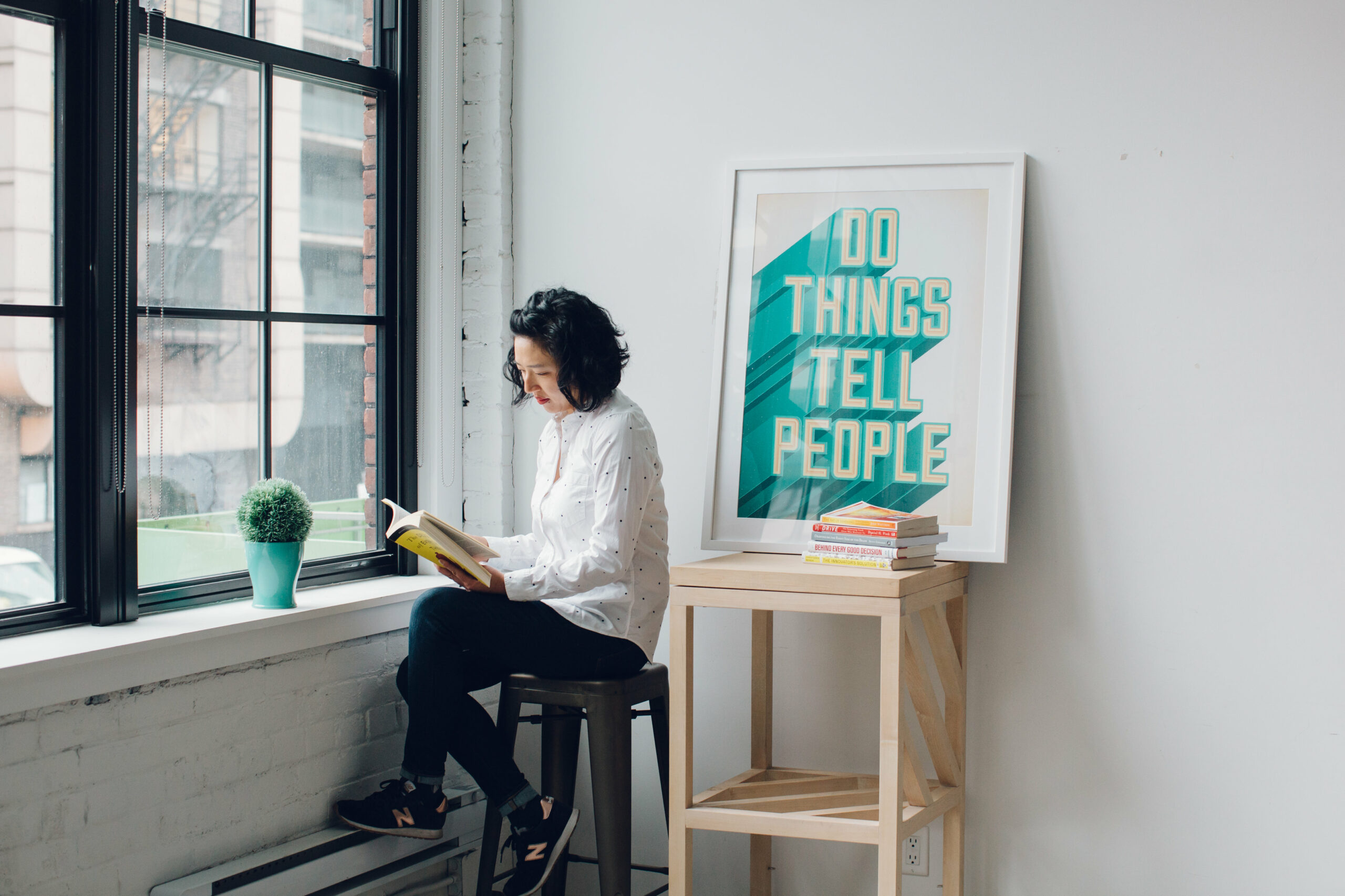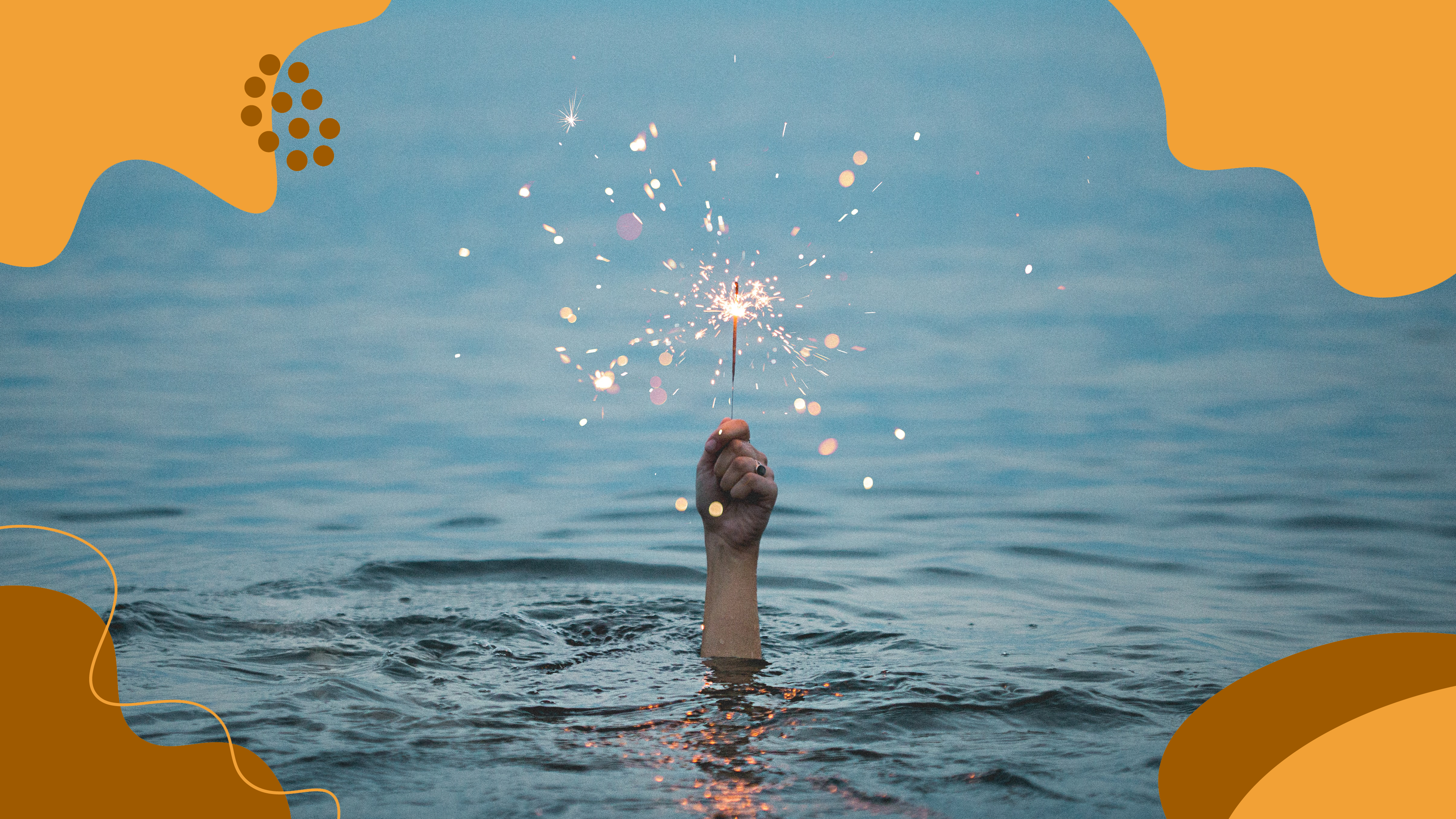Canada is brimming with talent and innovative entrepreneurs. In celebration of World Creativity and Innovation Day, we’re getting cozy with some of Canada’s most innovative entrepreneurs who were all recognized by the CANIE Awards from the Innovators & Entrepreneur’s Foundation:
- Gavin Armstrong, PhD, President & CEO at Lucky Iron Fish
- Jenn Denouden, President & CEO at Avana
- Joella Hogan, Founder at The Yukon Soaps Company
- Kehkashan Basu, M.S.M., Founder and President at Green Hope Foundation
- Vanessa Fajemisin, Co-Director, Solid State Community Industries
Hear from these five entrepreneurs who are making shock waves across different industries in Canada’s entrepreneurship ecosystem, let’s jump right into the good stuff!
How did you come up with the idea behind your business?

We have Jenn kicking us off, “I founded Avana with my husband, my brother, and my sister-in-law. It was a means to an end. We would develop and build 40 rental units and eventually it would become passive income that would allow us to slow down and spend time with our daughters. The name Avana is actually a tribute to the names of my daughter, Juliana, and my niece, Ava. Avana,” explains Jenn, President & CEO at Avana. “That was in 2014. In 2018 after familiarizing ourselves with the housing realities in our communities, we saw the staggering barriers people were facing in order to secure safe, quality, affordable housing. So we pivoted to a purpose-led business model. That purpose is to see profits in more than just budget lines and to use our success to lift up our vulnerable populations.”
Passing the virtual spotlight to Gavin, “When I was completing my Bachelor of Commerce degree, I had become involved with various initiatives that focused on helping communities living below the poverty line around the world, including the Dadaab refugee camp in northern Kenya. It was through that experience that I decided to focus my PhD research on addressing malnourishment using a socially conscious business model,” explains Gavin, Founder at Lucky Iron Fish. “During that time, a fellow University of Guelph PhD candidate, Christopher Charles, was researching ways to reduce anemia levels in rural Cambodia using iron ingot cooking tools. I worked with him and completed my PhD on how the iron cooking tools can be commercialized using a social enterprise model!”
Now moving to Kehkashan, “I began my green journey after I saw an image of a dead bird with its belly full of plastic at the age of 7, which was deeply disturbing for me. This prompted me to plant my first tree on my 8th birthday, which is also World Environment Day, 5th June. I worked on the ground for many years and at the age of 11, I was invited to speak at my first UN conference. At the age of 12, I was invited to speak at the Rio+20 Earth Summit, where as one of the youngest delegates, I realized that the sustainable development process was not inclusive of children, young people, women and those from vulnerable communities. Thus, on my return home, I founded Green Hope Foundation to provide a platform of creative learning driven by Education for Sustainable Development that turns into ground-level action,” says Kehkashan, Founder-President at the Green Hope Foundation.
Why does our world need creative and innovative thinkers?

Let’s hear from Vanessa, “The world needs creative and innovative thinkers because so much of our world is broken. Many of the systems and social safety nets some once thought would suffice have been proven not to work, especially after 2+ years of a global pandemic,” shares Vanessa, Co-Director at Solid States Community Industries. “More so, there have been so many of those thinkers who haven’t been given the support or opportunities to innovate and create because they, like myself, come from the marginalized communities and backgrounds that have consistently told by those very same dated systems that their ideas, contributions, experiences and creations aren’t valid, despite the fact that being from said communities often puts them in the ideal position to innovate. Creative and innovative thinkers are creative and innovative problem-solvers, and the world is dire need of more of those.”
Gavin also adds, “Now more than ever, the world is full of daunting challenges that will require innovation and creativity from all of us, especially business leaders. I strongly believe that companies are beyond just being accountable to shareholders or just chasing profits. At Lucky Iron Fish, we have always looked at the big picture and designed our goals such that we are serving all stakeholders, not just our investors.”
What does creativity mean to you? Where do you look for it and how do you find it?

Hear Joella chime in, “I am continually inspired by the people around me. In our small northern community, the people are resilient and have survived here by being adaptive, innovative, and caring the for the land and water that sustains us. It is this way of looking at things, where I seek inspiration,” explains Joella, Founder at Yukon Soaps Company. “I am also continually adapting my process and systems to be a modern, and thriving business and being creative in other ways, not necessarily the ‘artsy creative’ way that we may think of immediately. Except when absolutely needed, I stay away from industry specific books and podcasts, and try to learn as much from other industries and professions.”
Back to Jenn, “Creativity is fighting against normal. New niches and new ideas eventually give an entrepreneur the required edge over the competition. Creativity requires imagination to come up with the most obscure ideas. Imagination is needed to depart from ‘usual’ and ‘normal’, and cross over into the realm of innovation. Entrepreneurs have to think beyond the traditional solutions, come up with something new, interesting, versatile, and yet have success potential. The fun thing about creativity is it can manifest itself in infinite different ways. So there’s always an opportunity to be unique and think of something never before imagined.”
What do you normally do when you’ve hit a creative block?

Let’s go to Vanessa, “The first thing I do when I hit a creative block is change something. This change normally depends on the nature of the project and my mental and physical health, but generally I try to change up my perspective on the creating or problem-solving in some way. Usually by changing my work setting, my work schedule, or the actual work itself,” shares Vanessa. “For example, hitting a block more accurately means I’ve hit a block three times because I tend to have strong creative vision or direction. So when I feel blocked, and I know I’ve already looked at things from a few different ways but are still not clicking, then I know its time to switch something up or take a break from it entirely, so long as time permits, and ruminate on it subconsciously while working on something else. I have my best ideas and do my best work when I feel good so I try to avoid putting a ton of pressure on myself or ‘banging my head against the wall’, so to speak.”
What’s an important lesson you’ve learnt as an entrepreneur?

Kekhashan’s got one lesson to share, “As a grassroots entrepreneur working across 26 countries with over 300,000 people, I have learnt that if every single person did their bit as individuals at the grassroots level, that in itself would translate to advocacy at a global level. My team and I have seen firsthand how the smallest actions are sometimes the most impactful, and this is applicable to global advocacy as well, where you have to start with the local challenges. I would say that this is the biggest lesson that we have learned from our work—not forgetting the importance of the small, local actions and how they come together to create global impact.”
Gavin’s got one lesson to share too, “Any entrepreneur will tell you that you are only as good as your team! An ideal team is composed of individuals who balance your competencies, not replicate. And a good leader will do everything they can to empower their team to do their best without getting in their way.”
Next up, we’re rounding back with Joella, “One of the biggest lessons I have learned is to stay focused on your own mission and goal. It is so easy to get sidetracked by trends, other people’s ideas and social media. It is so hard sometimes but it really is so important. At one point 8 years ago, I said ‘I am going to become the best soapmaker in the Yukon.’ It sounds a bit cheeky, but the intention behind it was to remind myself that I did not want to get sidetracked by other natural wellness products like candles, bath bombs etc. And that for me, I wanted to perfect one product and build my brand around that.”
Got any advice for aspiring entrepreneurs?

Listen to what Jenn would recommend, “’That’s just not the way it’s done,’ should never discourage you. If there is an industry standard, there is opportunity in finding the gaps in that “standard” and profit to be made in filling those gaps. You can be a successful business person by living within the status quo, but an entrepreneur redefines it. As an entrepreneur, you have to work against the status quo. You won’t always be successful, but never be discouraged by push-back.”
Joella’s got another piece of advice, “My advice is to know your numbers. Unless your business is a hobby, you need to be making a profit. Root your business with your values, but don’t be afraid to have ‘making money’ as one of your values. Our economies were circular and regenerative based on concepts of sharing and gifting. Although that may look different now, we need money to survive, to grow our business and feed our families.”
Last but not least, Vanessa shares, “I think I could sum up my advice for aspiring entrepreneurs in ‘just do it.’ Society has conditioned us to think we have to show up as our best selves, our most knowledgeable selves, or the ‘final’ version of ourselves before we attempt to achieve our biggest and brightest goals and aspirations. But in my experience, it’s the learning, growing, and mistakes along the journey that not only help us achieve our goals, but the ‘best’ versions of ourselves we aspire to be too. So come as you are. Don’t wait until you’re perfect, until the idea is perfect, until the conditions are perfect. Just do it. Do it well, with intention, care, and passion, but do it!”
This is just the tip of the iceberg. Canada’s entrepreneurship community is full of innovative entrepreneurs whose ideas are changing the world. Together, we can make sure that the entrepreneurial fire of creativity and innovation never dies. Happy World Creativity and Innovation Day!
